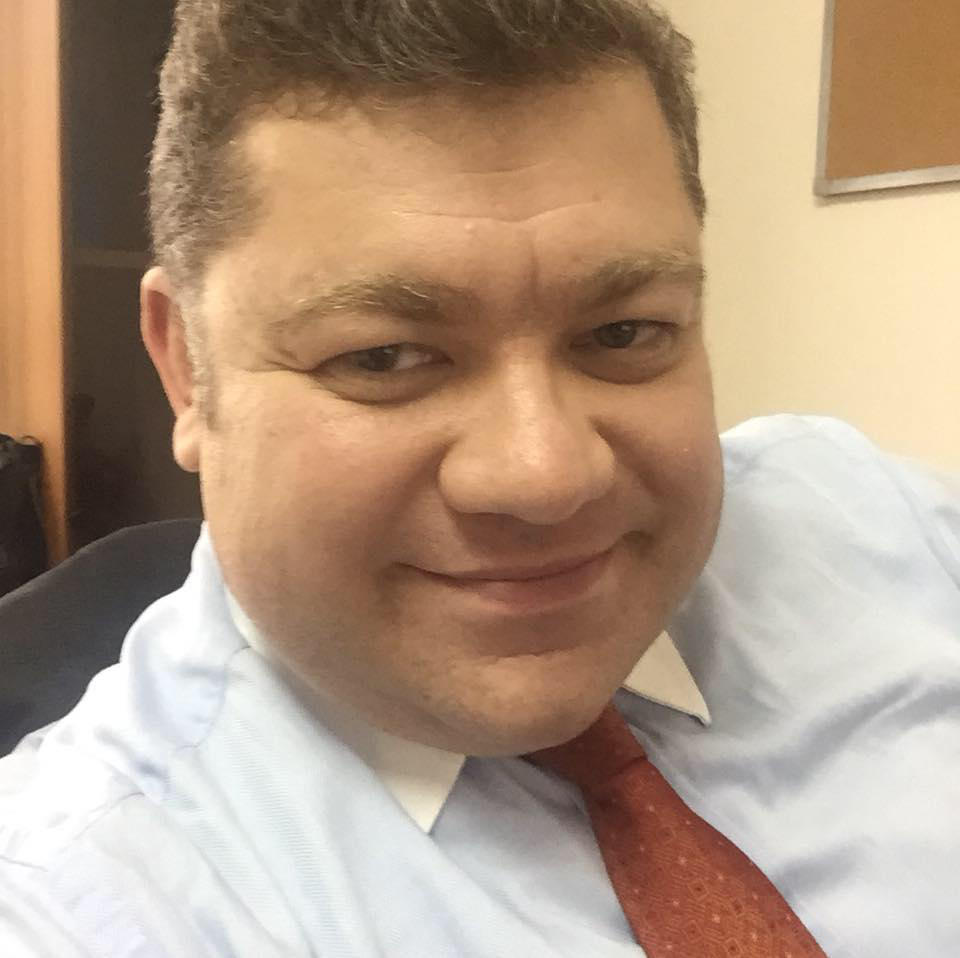Turkey’s Expanded Role in Syria – What is Ankara’s Strategy?
The middle of July marked a significant shift in an already complex composition of Syria/ISIS problem. Turkey finally decided to open its airspace for allied aircrafts and moreover, began carrying out its own airstrikes in Iraq and Syria. Tracking the trajectory of those airstrikes proved to be a peculiar business, however – it appears, Turkish forces targeted both ISIS and Kurdish rebel positions. The rebels, affiliated with the PKK (Kurdistan Workers' Party) have proven to be the fiercest enemy of ISIS so far.
Meanwhile, NATO allies met in a rare emergency meeting at Turkey’s request and proclaimed “strong solidarity” with the country’s fight against the Islamic State. Georgian Journal spoke with Dr. Mehmet Ozkan, executive director at the International Center for Terrorism and Security Studies, a Turkish think tank based in Ankara. The interview was assisted by the Turkish embassy in Georgia, which previously organized a media tour for Georgian news outlets, establishing contacts between journalists and Turkish public and civil sector structures.
– First of all, after key decisions made by the Turkish government to allow U.S. forces to use Turkish airbases, most likely the Incirlik airbase, to carry out aerial strikes on ISIS targets – and the subsequent NATO approval at an emergency meeting, can we conclude that Turkey has entered the war it tried to avoid for so long?
– We are witnessing a shift in the composition of war in Syria. Both ISIS and Kurdish forces had been expanding their power and very recently their impact in Turkey. The operation shall be seen as a reaction to these new developments. Until now, Turkey had been criticized from time to time for not providing “enough” support to fight against ISIS. The main explanation against this critique was Turkey’s geographical position and fragility. Today, Turkey has been pulled into a conflict between rival players – ISIS and Kurdish forces in Syria. However, we should not consider the air strikes as full-scale war. They are rather a strategy to contain both of these terrorist groups and to secure Turkey’s integrity.
– What would you say to those opinion makers who maintained that Turkey was somehow covering for ISIS in fear of seeing Kurdish forces strengthened?
– We have to consider that Turkey is fighting against both groups [ISIS and PKK], and on international platforms Turkey repeatedly calls for a non-discriminate approach toward them. A terrorist act is a terrorist act. It is not rational to say Turkey will support either of the groups to balance them against the other. Eradication of the Assad regime is still the priority for the future of Syria, and to contain extreme groups in the country.
– One of the most challenging obstacles remains the issue of refugees. With its 1.7 million Syrian refugees, Turkey is the number one refugee hosting country in the world today, while European countries are more and more unwilling to accept asylum workers. If this trend continues, what is Turkey’s action plan?
– It is not an easy burden to shoulder. However, Turkey insisted on maintaining a humanitarian approach while addressing the refugee crisis. Regarding the future, we expect our “open-door” policy to continue. But it shows that the establishment of safe havens worldwide is both crucial and necessary. We can expect Turkey to push harder for the establishment of safe zones.
– It’s a badly kept secret that tens of dozens of Georgian citizens of Chechen origin, inhabiting Pankisi Gorge in Georgia, fight under the ISIS flag and their numbers are increasing. To get there, they use Turkey as a corridor. What you think should be the strategy of both governments in countering this?
– Mobility of people and border security becomes even more important today. Here we are concerned with two groups: those passing from Turkey and those coming to Turkey. The recent events made it more important for Turkey to check those arriving in, since it is expected that suicide bombers and sympathizers will organize terrorist attacks in the country these days.
Concerning those passing from Turkey, originally Georgian or any other nation, it is a fact that hundreds of people have been returned or deported because their intention to join ISIS was detected. However, the flow toward Syria and Iraq can be monitored and contained only by true intelligence sharing. This reluctance and lack of intelligence can have either meaning: the source countries have a security deficit or they intentionally let potential terrorists escape their country. So this is a challenge for all countries and can only be overcome by cooperation.
Author: Vazha Tavberidze
